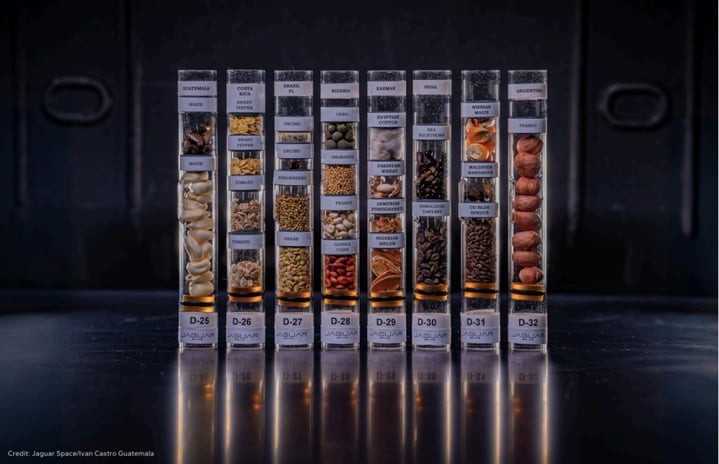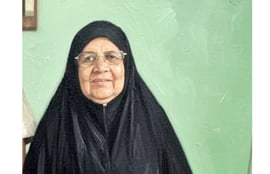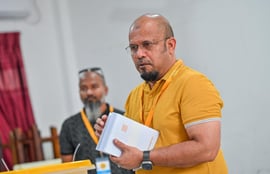The Maldives Space Research Organization (MSRO) has announced a historic achievement, where Maldivian seeds have been successfully launched to the International Space Station (ISS) for the first time.
"The mission, which lifted off as planned with NASA's Space X Crew-11 on Aug 1st, 2025, marks a pivotal moment in the Maldives' contribution to global space agriculture research," MSRO said in a statement.
The mission aims to investigate how seeds react to the unique stresses of the space environment and focuses on processes like gene activation and metabolic pathways essential for germination under microgravity conditions, MSRO explained.
They stated that this research is imperative to enhance crop resilience and to advance seed preservation techniques for both space missions and in sustainable agriculture.
The seeds for the mission were sourced from Avicennia marine (locally called Baru gass) in the mangroves of HDh. Kulhudhuffushi and N. Kendhikulhudhoo.
"The seeds were specifically chosen to reflect our island nation's deep connection to coastal ecosystems and climate resilience," MSRO said.
MSRO stated that the collaboration holds substantial promise, from showcasing the cultural, nutritional, and culinary identities of emerging space nations in space exploration, to uncovering new molecular pathways that could inspire innovative solutions to global challenges, including progress toward the UN Sustainable Development Goal of zero hunger and the strengthening of international partnerships.
“Beyond its scientific potential to advance research on climate resilience and global food security, the World Seeds payload represents a meaningful step toward ensuring that, as humanity becomes a spacefaring civilization, the millennia-old knowledge, biodiversity, and cultural heritage of communities around the world are carried forward as an essential part of that journey,” said Dr. Luis Zea, Founder of Jaguar Space.
The seeds are expected to return to Earth with Nasa's Crew 10 - although a date of return has not been specified yet.
Once the seeds return, MSRO will be conducting scientific analysis to gauge how spaceflight has affected the samples, with a focus on Earth use.
“This mission is more than just science—it’s a symbol of who we are. For the first time, the soul of the Maldives, embodied in our mangrove seeds, has reached space, carrying with it our hopes, our resilience, and
a reaffirmation of our identity as people who have always looked to the stars. We’re honoured to stand alongside our global partners and ensure that the journey to space includes the voices and aspirations of
communities like ours.” shared Madin Maseeh, President of MSRO.
In the mission, MSRO collaborated with many international partners, including Argentina (CONAE), Brazil (Embrapa) + USA (University of Florida), Costa Rica (UCR), Guatemala (SENACYT), India (Protoplanet), Nigeria (NASRDA), Karman Project: Pakistan, Armenia, Egypt Nigeria.




